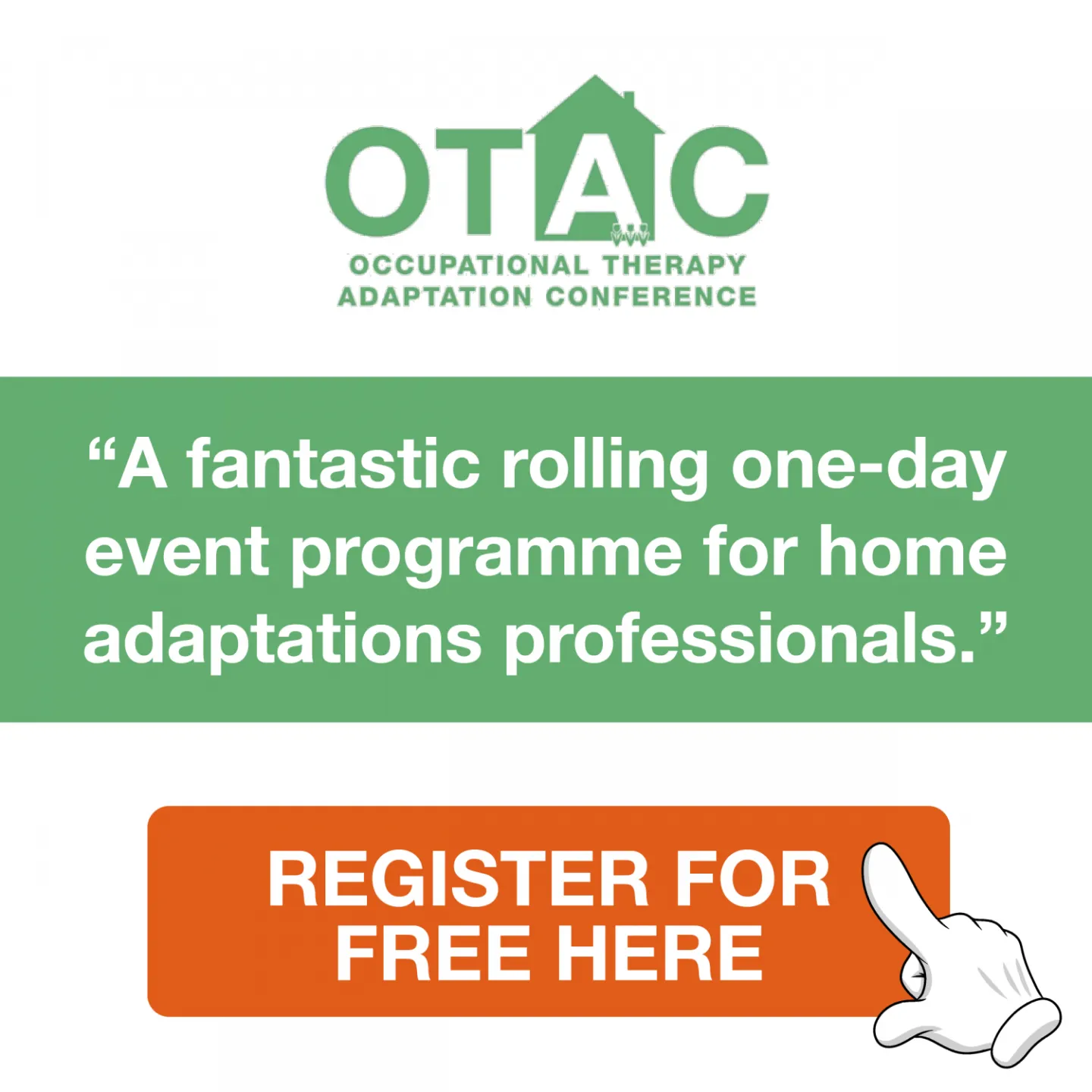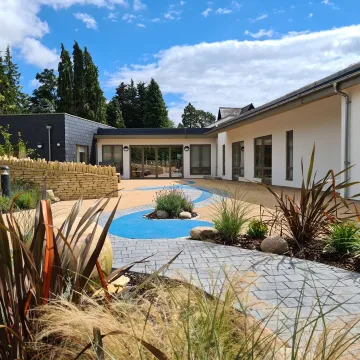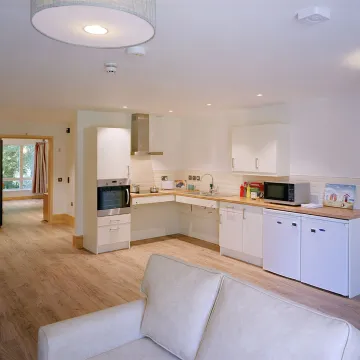A Holistic Approach
Designing for Independence in Specialist Care
The built environment shapes how people live, learn and work, and in specialist care it can directly influence independence and wellbeing. John Everitt, Director and RIBA Chartered Architect at coombes:everitt architects , explores how architecture can put independence at the heart of care environments.
In the specialist care sector, supporting independent, inclusive living isn't just about delivering high quality functional design – it's about taking a holistic approach that goes beyond and considers the emotional and social needs and aspirations of residents.
Having partnered with charities and families for nearly 15 years, we know the impact that inclusive design has on quality of life. The right environment can empower residents to live with independence and autonomy, while also supporting carers, families and providers to deliver safe, efficient and dignified care.
Our role as architects in specialist care
The challenge we face as architects designing for the specialist care sector is striking the right balance – creating spaces that meet operational requirements, that respond to a range of complex needs and create a positive and enabling environment.
We know each project is unique – it's our job to determine how the elements above come together to ensure spaces meet and go beyond the brief.
That's where thoughtful design makes the difference.
Collaborating with key stakeholders is the first part of the process. Once we understand the requirements of residents, their families, carers and therapists, we can develop a bespoke design that balances practical and emotional needs with aspirations.
From experience, we know that a homely environment is integral to creating nurturing, positive spaces that enable residents to feel independent. The interior fit-out of any space is just as important as the functionality of the building we're designing or renovating. It's why our designs focus on everything from fixtures, furnishings and layout.
Our design choices reflect our ethos – that practical design should also be uplifting, so we:
- Choose appropriate domestic fittings for kitchens and bathrooms.
- Include innovative design features, such as concealed hoists and separate therapy rooms, to make sure living areas aren't dominated by specialist equipment.
- Embed social interaction in our designs so comfortable living spaces and dedicated social hubs are included to give residents the choice to interact with others as they wish.
- Consider opportunities to optimise and integrate aesthetic finishes, natural light, and views.
Thoughtful design choices, big impact on independence
Thoughtful design can have a big effect on daily life. For example:
- Window seats at the right height – allowing someone in a wheelchair to engage in conversation at the same level with friends or family.
- Height-adjustable kitchens – making food preparation accessible while also becoming a hub for social interaction.
- Pocket doors and level thresholds – enabling seamless internal circulation and outdoor access, encouraging time in nature to boost wellbeing.
In one fully accessible home we designed for a private client , we incorporated many of these elements, which put independence at the heart of their daily life.
Finishes are also carefully chosen. Our work with the National Star College , for example, includes fittings that meet acoustic and sensory needs. While hard floors were chosen for their durability and accessibility credentials,we specified finishes that reduced reverberation to avoid overwhelming sound-sensitive residents and picked flooring styles where the pattern wasn't too tight or contrasting to avoid triggering seizures.
Every detail matters.
Inclusive design is at the heart of what we do
Designing for independence is about recognising that architecture and what we place in it can, and should, play a pivotal role in shaping quality of life.
Every care project brings a unique set of challenges, but our philosophy remains consistent: to create positive, uplifting spaces that empower individuals to live as independently as possible, while ensuring providers have safe, efficient and flexible environments to deliver the best care.
This article appears in the Autumn 2025 issue of Inclusive Design Magazine; a link to a downloadable pdf is at the bottom of this page.
About coombes:everitt architects
Nearly 15 years ago, coombes:everitt architects delivered its first ever project in the specialist care sector for National Star College, the £5m+ award winning Bradbury Gardens development in the centre of Cheltenham.
Since then, the team has delivered a wide variety of projects for the specialist care sector throughout the UK, including residential accommodation for specialist colleges, day centres to support educational needs, therapy spaces including a hydrotherapy centre and private residential accommodation to support independent living within the community.




